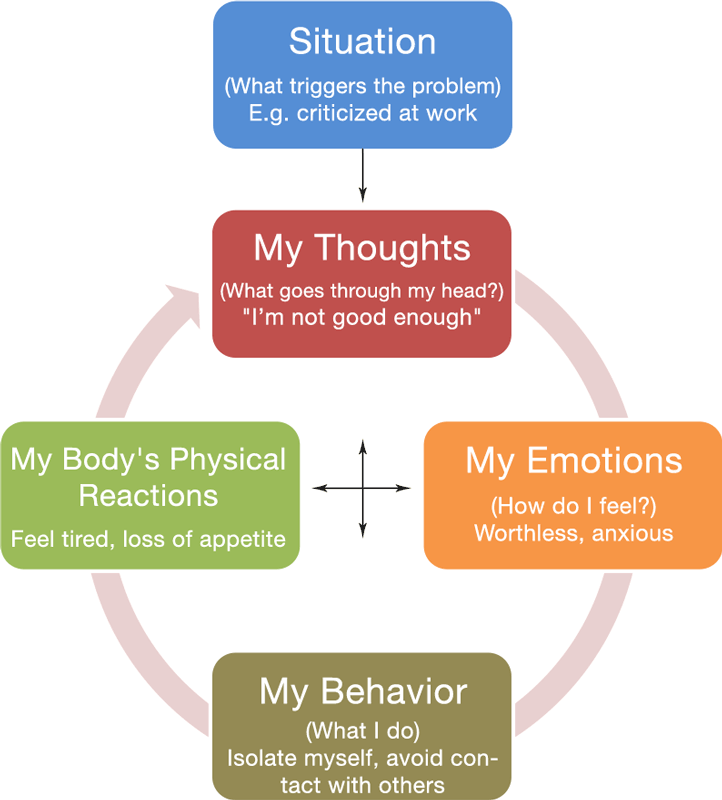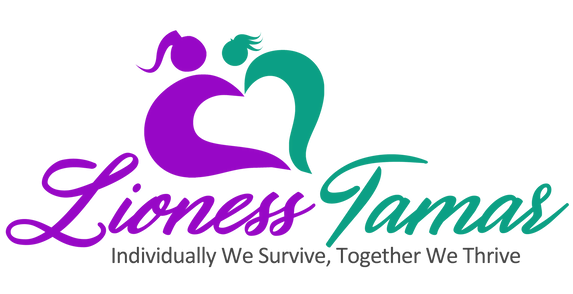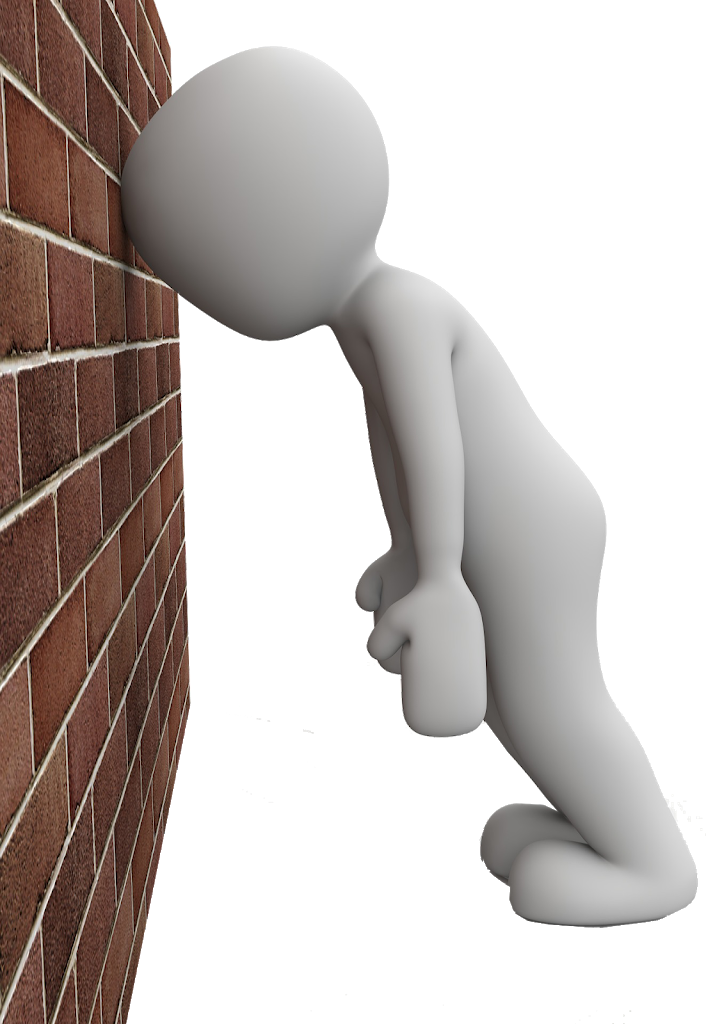Healthy vs Unhealthy Mindset
Our mindset is the key to unlocking who we are and to find true happiness and purpose.
Trauma and mental illness cause dis-ease of the mind.
They infect the mind and cause it to malfunction resulting in unfulfilled lives overwhelmed in anger, hurt, pain and confusion.
As individuals and communities, we must continue the inner work to heal our minds from these diseases, so it can help to give us the life we truly desire.
Our mindset helps us to determine how we deal with everything – from normal daily pressures to extreme traumatic experiences in our lives. The way we experience the good and the bad vastly depend on whether we have a healthy or unhealthy mindset at that time.
A healthy/positive mindset focuses on inner healing, internal growth and understanding. It helps us to identify, rationalise and work through things that are within our control.
Healthy mindset enables us to thrive beyond our barriers to reach a state of self satisfaction and true internal happiness.
“To be successful in whatever we do, we need healthy mindsets that focus on solutions and see problems as opportunities for growth, change or to make a difference.”
A unhealthy/negative mindset lives in fear, focus externally at problems and blame someone or something for why it’s happening to them as they feel incapable of changing their circumstances.
Unable to process how true success, happiness and love are obtained, it criticises and beats up on itself. It sees failures as disappointments and may even blame it’s own capabilities. It also focus on it’s “have-nots“, such as money or time and believe that if they had more, then they would be successful.
With low confidence and self esteem, it compares itself to others and become envious of their success.
It stays in its comfort zone and continues to repeat the same actions over and over again yet expecting a different outcome (some calls this madness!).
 With each failed attempt it bangs its head on the wall in frustration and anger of how difficult it is to get the desired results.
With each failed attempt it bangs its head on the wall in frustration and anger of how difficult it is to get the desired results.
Unhealthy mindsets dis-engage us from who we really are and our purpose in this lifetime, so we end up existing or floating in our comfort zone rather than living beyond our limitations. This is compared to a “sad and slow painful death of the pre-mature mind”.
It’s in our individual’s best interest to work on healing self from negative mindset so we can continue to evolve into our true selves and live more successful and happy lives. Do it for you. Do it for your family. Do it for your community. Do it for your future generations!
Mental Illness
Unhealthy mindset can cause mental illness and vise versa.
Mental illness (mental disorder or psychiatric disorder) is a behavioural or mental pattern that causes significant distress or completely impair the core of how a person functions.
Mental illness have one of the biggest impacts on unhealthy mindset and can affect you persistently, as a single episode or relapse as and whenever there’s a trigger. It can even lead to suicide.
The most common mental health diagnosis in Britain are depression and anxiety whilst the most serious disorder is schizophrenia. Suicide is the most common cause of death from men between the ages of the ages of 20- 49 years old.
1 in 4 of us will suffer a mental illness at some point in our lives, but it’s usually the poorest and most disadvantage that are disproportionately affected by common mental health diagnosis ( such as depress and anxiety) and its consequences.
Therefore mental illness is not to be looked at in isolation – it’s linked to many other areas of our lives such as poverty and economic disadvantages, childhood and past experiences, current living conditions, characters, resilience and tenacity, and our level of happiness. Mental health also affects key foundations in one’s life such as relationships and business/career.
Mental Health, Mindset and Trauma
Many of us – like myself – were born in disadvantage circumstances and suffered trauma in our childhood generally caused by neglect, abuse or violence – leading to common mental illnesses such as Depression, Anxiety and Post Traumatic Stress Disorder (PTSD).
This is because the impact of the trauma created a malfunction of the mind by impairing our ability to fully process and understand what was happening to us, why and how we were affected, how we felt about those experiences as well as our ability to do anything about it (e.g stopping the trauma, getting justice etc).
Without the right support, we continue to live out our childhood and adulthood with the malfunction mindset – negatively affecting the way we view our lives and how we respond (or not respond at all) to daily pressures. Most of us living in Western countries end up being officially diagnosed with at least one common mental health issues.
Recent studies show that:
Disproportionate rates of people from BAME (Black, Asian and Minority Ethnic) community have been detained under UK Mental Health Acts.. yet still under supported.
Historically, people from the African and Caribbean diaspora passes on the symptoms of their mental health to their children without realising it – mainly because there have been little or no focus on healing the mindset of these people.
If we accept that extreme violence can cause severe mental health, why is that huge support is in place for soldiers returning from a battle field but not for slaves or slaves descendants whom were the victims of such violence?
The mindset of the current African and Caribbean’s generation is faced with many layers of unhealthy mindset. In other words, we’re not only affected by the current causes of unhealthy mindset as mentioned above but we’re also affected by the impact of our ancestors’ mental health caused by the trauma inflicted during slavery and colonisation which has never been properly addressed.
Depression, Anxiety, PTSD and other mental health are commonly treat through Cognitive Behavioural Therapy (CBT).
CBT is a talking therapy that can help to manage some of these problems by guiding us to focus internally, increases our awareness/mindfulness and changing the way we see, think and behave.

This kind of support can increase our mindfulness, emotional intelligence and help to build a more positive mindset, which ultimately helps to heal us from the trauma.
WARNING: CBT is not a one size fits all approach and should not be expected to work for everyone! Other types of support should be considered.
Mental Health, Mindset and Relationships
As stated above, negative mental health can affect the way we see and respond to things. So in effect, it can affect the way we re-late to others in our ship such as friends, families and romantic partners – even those we rely on for day to day support.
Re-la-tion-ships create the foundation of each person in all aspects of our lives.
Those with great social connection to friends, families and community develop fewer mental health issues than those less connected. However if you’re born in disadvantage conditions which caused your mental health issues, you’re unlikely to have created “great social connections” in the first place.
Childhood circumstances (such as neglect, abuse, violence, lack of quality stimulation, conflict and family breakdown) is the single biggest negative impact on who we are as adults and how we re-late to others.
Toxic close relationships with our friends, families or partners can be even more damaging than being alone.
At my relationship workshops, we reinforce the fact that if you want to create better relationships, it always start with you, working on your inner self healing – creating healthier boundaries – leading to better social connections and a more sustainable foundation.
Negative mental heath will focus on blaming others for the conflicts in the relationship without accepting any responsibility for their part.
Positive mental health will examine each conflict and find the underlying reason(s) to address. By doing so, if we can understand why we react to the way we do; we can take responsibility for our part in the matter as well as connect to our inner core and re-wire it to respond the way we chooses.
By looking within, we’ll find opportunity for personal growth and overcome these conflicts. Whether or not the other person do or say anything differently is somewhat irrelevant, we can still choose how we view and respond to things.
Creating clearer boundaries of what we will or won’t accept from people in our ships can help us to maintain healthier relationships. And if these boundaries are not respected, we must be willing to reinforce with specific consequence.
Mental Health and Business | Career
If you already have or thinking of setting up your own business but there’s unresolved childhood issues, you may find huge blocks in just how far your business can grow until the issues are resolved. It’s the same if your climbing up the career ladder – there’s only so much you can mask your true self before it all comes tumbling down.
This is because the childhood trauma causes mental health which is like a dis-ease on the mind intending to prevent healthy mindsets necessary for growth and success.
Usually our business starts off by being a “One-man-band” which means you’re the owner and operator all in one. It’s up to you to research, process and analyse relevant information in order to create the right strategies for your business growth. But if your mind is not functioning properly, you could make wrong decisions at any stage in your business or career. Whilst it’s ok to make mistakes, how we respond to these mistakes could determine whether we grow pass this stage or keep making the same mistakes – expecting a different outcome!
When people buy from your business, they are buying from you, so if you’re unable to connect with your target audience or other stakeholders, you’re unlikely to have a successful business.
When it comes to building business relationships with your customers, suppliers, investors and general public – it’s not the numbers that count but more the quality of these friendships that really matters.
For example, at my networking events, I see people collect many business cards. But if they don’t make the effort to build relationships with the individuals behind the business cards, then it’s irrelevant that they have so many cards because they’re unlikely to use them to benefit their businesses.
Creating a healthy and positive mindset don’t just create a happier life in you but also a more sustainable foundation and a successful business or career. And the best way to improve your mindset is by focusing on self healing and self care.
Good self-care – particularly in challenging times – enables us to feel good about ourselves. When we feel good within, we’re able to think more positively and focus more on finding solutions.
Finally I’m so honoured to tell you that I’ll be sharing my experience at the ‘Purposefully Broken For Greatness’ event tomorrow.

The day aims to transform the lives of many people. Wounds that were repressed and covered by masks will be lifted and many shall have the breakthrough they deserve!
If you’re in the North London area tomorrow, please join us for a very interactive day. Our stories shall be known. No guilt. Just Love and a safe environment to share our stories and be supported or support someone!
If you can’t make it, you can catch my blog next week for an update on the event. Don’t forget to follow my blog by email.
Until next time, your loving and peaceful SiStar

